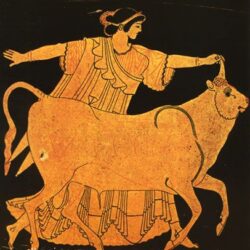Throughout the Prime Minister’s speech, he outlines the distinction between Islamic extremism and Islam itself. I think it is very important that he worked to alienate extremism and demonstrated how thinking otherwise fosters Islamophobia. However, in speeches like this, there always seems to be undertones of internal issues that have yet to be addressed. For example, Cameron mentioned that the “real hostility towards Western democracy and liberal values” was an indication of partial Islamic extremism (Cameron, web). Even so, near the beginning of his speech, Cameron states that the United Kingdom would continue its support of the NATO mission in Afghanistan. This circles back to the idea that certain foreign countries are predisposed to dislike Western countries that insert themselves, and as we know now, the continued presence in Afghanistan has decimated the economy and civilian life. This is where the speech falls short for me, as Cameron fails to acknowledge that British intervention may foster this “hostility” towards Western values and that it is not, in fact, related to extremism as he had commented. Do you believe that the West has a corrupt interpretation of extremism? Would you say that the West is predisposed to stereotype and combat countries that do not share the same opinions or political ideology? Also, do you think that Cameron’s comment that I previously mentioned has undertones of suppressed Islamophobia, or simply ignorance created by a Western perspective?
